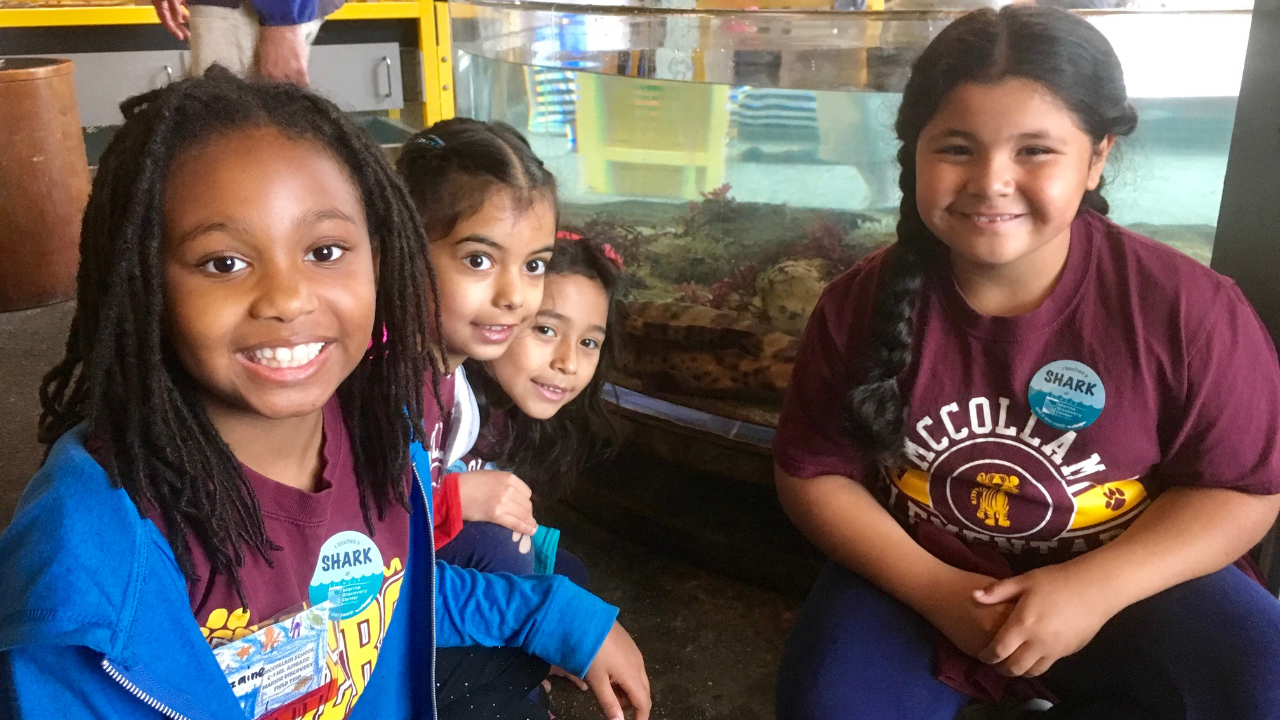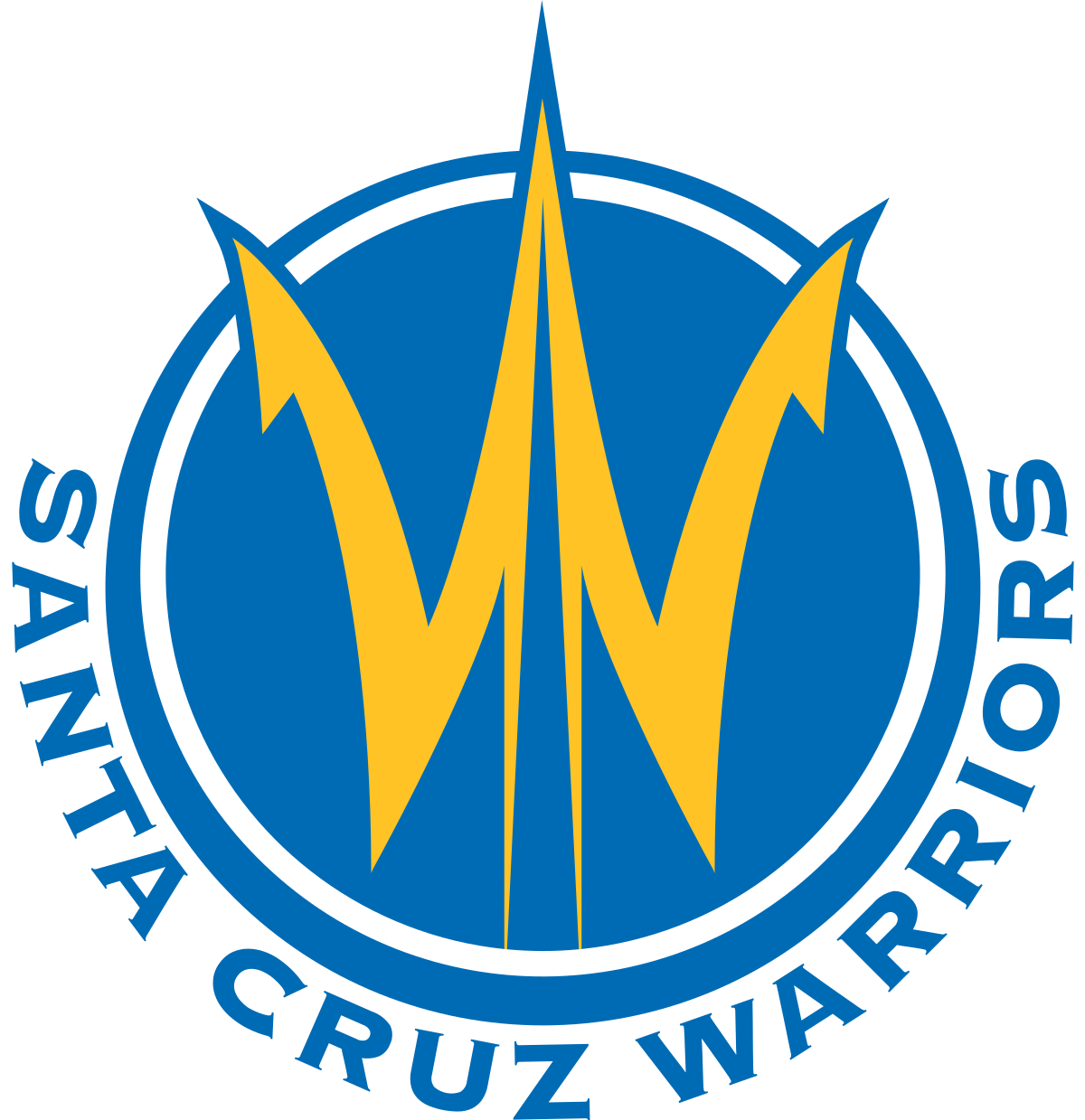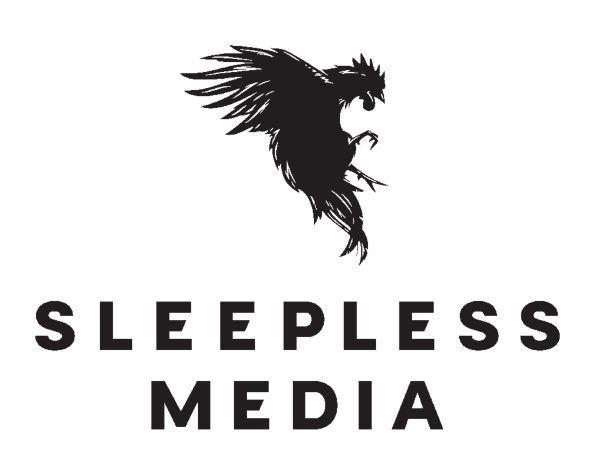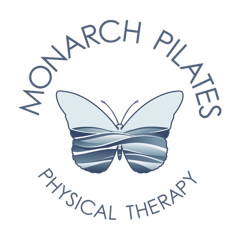Touch a Shark, Walk Alongside an 87-Foot Blue Whale Skeleton and Observe Dolphin Research Are Just A Few of the Many Hands-On, Fun Education Experiences
SANTA CRUZ (June 6, 2023) — Children and their families — and kids of all ages! — are invited to visit the Seymour Marine Discovery Center this summer to learn about the Monterey Bay Marine Sanctuary and marine biology through fun, interactive exhibits that educate and give a glimpse into the world of a scientist.
“At the Seymour Center, our goal is to make science fun and interactive for all ages and we especially want to spark an interest in science at an early age,” said Jonathan Hicken, Executive Director of the Seymour Marine Discovery Center at UC Santa Cruz. “Summer is a great time to gather your kids, pack a lunch, experience the numerous indoor exhibits, join the dolphin research tour and then head outside to be in awe of the real 87-foot blue whale skeleton. Of course the trails, scenery and ocean views at the Center are beautiful too — the whole experience at Seymour Center is representative of what makes Santa Cruz special.”
Seymour Marine Discovery Center is the public education center for the University of California, Santa Cruz, Long Marine Lab, a world-renowned center for innovative research in coastal ecology, marine vertebrates and invertebrates, and marine mammal studies in the lab and field, including physiology, sensory reception, behavior and bioacoustics.
Seymour Marine Discovery Center offers visitors numerous unique, educational and interactive indoor and outdoor exhibits for all ages for a glimpse into the research studies taking place.
Seymour Center’s summer hours are July 1 to August 13, daily from 10 a.m. to 4 p.m. Regular hours resume August 15 and are Tuesday to Sunday, 10 a.m. to 4 p.m. General admission for adult $12, senior $11, child $9, toddlers and members are free. Annual memberships begin at $50/year and pay for themselves in just a few visits. Parking is $1.50/hour on weekdays from 8 a.m. to 5 p.m. and free on weekends.
Seymour Discovery Center is located at 100 McAllister Way in Santa Cruz, California.
OVERVIEW OF SEYMOUR MARINE DISCOVERY CENTER EXHIBITS
Touch Tank Exhibits:
Description: Live animals, large and small, live at the Seymour Center. You can safely touch sharks, crabs, sea stars, anemones, sea slugs, urchins, and much more.
What You Learn: There’s no better way to learn about the creatures that live right off the cliffs of the Seymour Center and in tidepools around Monterey Bay than by touching them yourself. Learn how tidepool creatures live and thrive in an environment sometimes covered in water and sometimes not!
Activities: Touch the animals and view them under a high-powered microscope. If you wish, take your time and have a conversation with a highly trained Seymour Center volunteer about the animals you see and touch.
Aquarium Exhibits:
Description: 20+ aquarium exhibits showcasing rotating Monterey Bay marine life, such as well-known octopus, jellyfish, moray eel, rockfish, and swell sharks. You’ll also find more unusual species like monkeyface pricklebacks, lumpsuckers, fat innkeeper worms, and nudibranchs.
What You Learn: You’ll learn about species in Monterey Bay that UCSC scientists study daily. You’ll learn what kinds of questions scientists are researching and have a chance to ask your own, too.
Activities: Marvel at the marine creatures, and you may even see an aquarist feeding the animals.
On The Move Exhibit:
Description: How do scientists know where animals go in the ocean? They build sensors, safely attach them to the animals, collect the tags, then study the data the tracker collected. You’ll have the chance to learn how scientists track animals, view real data that UCSC scientists have collected, then use the science to help protect migrating animals that are on the move.
What You Learn: Learn how scientists use technology to track animals and their behavior. Watch live-tracking data of elephant seals and other animals as they’re migrating and moving through the ocean. Find out how tagging and tracking animals can help us protect marine mammals like migrating whales.
Activities: Build your own tracking tags! Also, join in the Seymour Center’s first action hub campaign by writing a letter to companies to encourage them to ship with shipping companies that have committed to slowing down in whale migration habitats.
Photos From The Field:
Description: Wander inside and experience the thrill of scientific discovery through breathtaking photos captured by UC Santa Cruz researchers and their collaborators in the “Photos from the Field” exhibition.
What You Learn: The breadth and depth of marine science research that happens at UCSC. World-class scientists and their families live in our community. What they do at work impacts the understanding and conservation of the world’s oceans.
Activities: Touch a real otter pelt. Play a matching game with marine mammal teeth. Do an indoor/outdoor scavenger hunt.
Outdoor Exhibits:
Description: Seymour Center is located steps from the Monterey Bay National Marine Sanctuary, the most biodiverse marine and coastal zone on Earth. The Center is on UC Santa Cruz’s 100-acre Coastal Science Campus, which is largely a protected coastal reserve.
Activities: Walk, bike, skip, or skate along a mile of flat, paved trails along the coastal bluffs and natural reserve. You’ll encounter a blue whale skeleton, a gray whale skeleton, and climbable elephant seal sculptures. There’s a good chance you’ll see wildlife, too. In the ocean, you may see otters, sea lions, seals, whales, or dolphins. In the air, you are likely to see several of the hundreds of species of sea birds, raptors, songbirds, and migratory birds.
Daily Marine Mammal Compound Tours:
Description: Seymour Center is adjacent to UC Santa Cruz’s world-famous Long Marine Lab. where UCSC scientists conduct behavioral and physiological research on animals like dolphins, seals, and sea lions.
Activities: Each hour, Seymour Center volunteer tour leaders take groups of 20 visitors behind the scenes of the Marine Mammal Compound where they may have the opportunity to view the scientists at work. The 30-minute tour includes a stop at the blue whale skeleton to learn about the largest animal that has ever existed on Earth. Disclaimer, infrequently tours are cancelled because of scientific activity.
What you’ll learn: UCSC’s innovative research in coastal ecology, marine vertebrates and invertebrates, and marine mammal studies in the lab and field, including physiology, sensory reception, behavior, and bioacoustics. Discover the latest research on marine mammal diving physiology, bioacoustics, and cognition.
About Seymour Marine Discovery Center
The Seymour Marine Discovery Center is a community-supported marine science education center operated by the University of California, Santa Cruz. The Seymour Center is dedicated to educating people about the role scientific research plays in the understanding and conservation of the world’s oceans. Learn more at https://seymourcenter.ucsc.edu, and on Facebook, Instagram and Twitter.

















